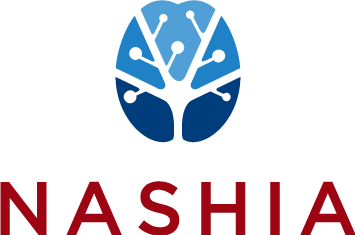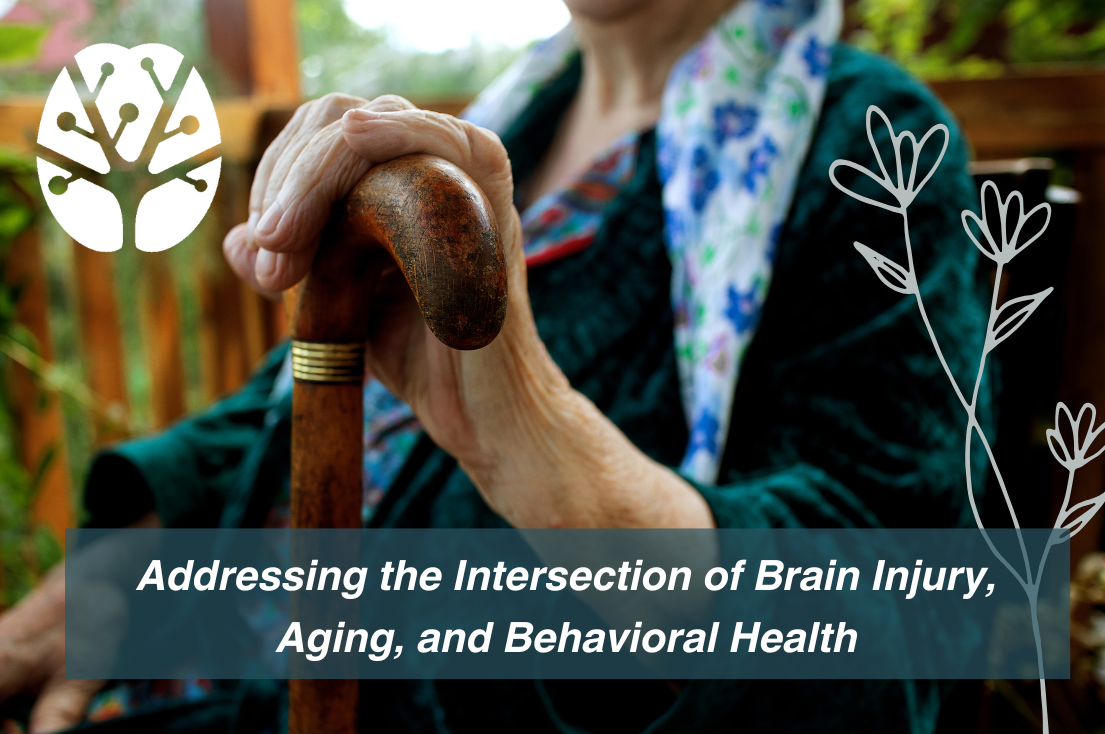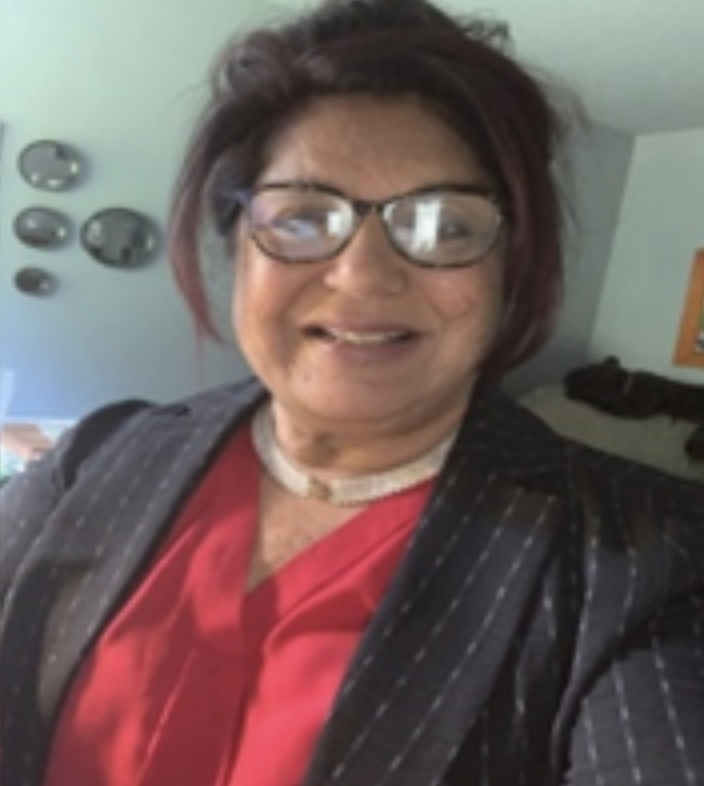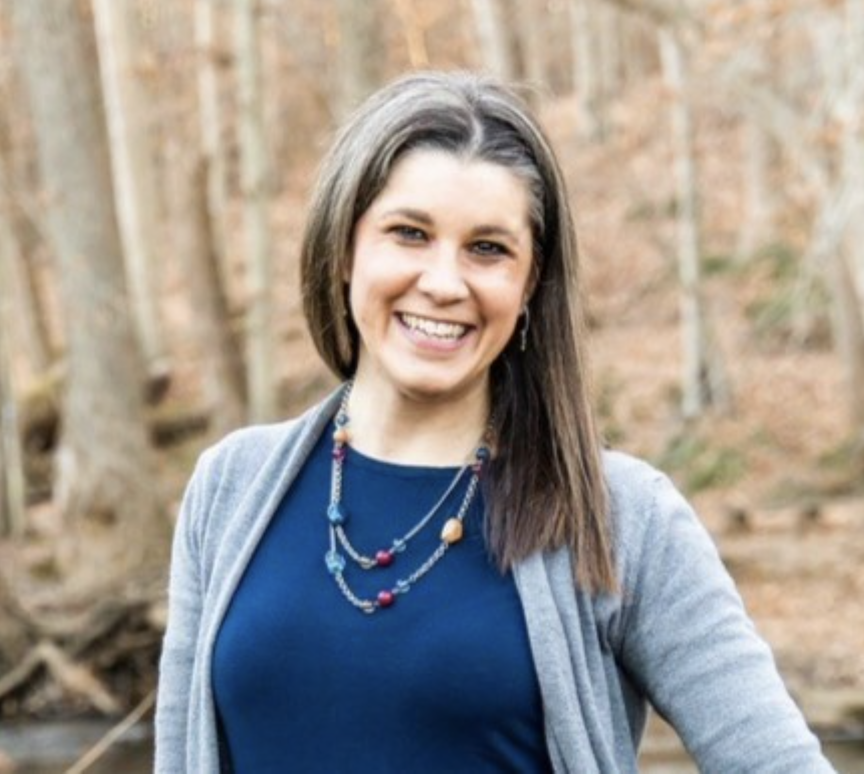As the population ages, the overall rate of brain injury in older adults in the US is increasing, and the intersection of brain injury and behavioral health becomes an increasingly critical topic. Brain injury can have long-lasting cognitive, behavioral, and emotional effects for older adults. Certain predisposing factors can make it more likely for an older adult to experience behavioral health challenges after a BI, including sleep problems, anxiety, substance use disorders, low income, negative thinking, and poor social functioning. A brain injury can increase the symptoms of a pre-existing behavioral health disorder. Secondary factors can complicate behavioral health conditions, such as loss of employment, inability to drive, sleep issues, relationship problems, and social isolation.
This webinar will provide an overview on the relationship between aging, brain injury, and behavioral health, highlighting the unique challenges older adults face and the strategies that can improve their quality of life. A brief introduction to the Aging and Behavioral Health Guide will be given, and attendees will learn more about tools and interventions that can support their work. National organizations who conduct work with the Aging Network and MH Systems will provide tips for initiating or improving partnerships within both state aging networks and behavioral health systems.
Cost/Certificates
NASHIA webinar attendance is FREE.
Certificate of Attendance -
Free for Members/$15 for Non-Members
Social Work CEs -
$10 for Members/$15 for Non-Members
Presenters
Nirmala Dhar, MSW, LCSW
Oregon Health Authority
Behavioral Health Division
Older Adult Behavioral Health Lead Strategist
Nirmala Dhar is a licensed clinical social worker with over 40 years of experience in all aspects of behavioral health programs in the public sector. She is deeply committed to disability justice especially for people with serios mental illness and individuals with cross-sector complex care needs.
Currently she serves as the Older Adult Behavioral Health Lead Strategist for the Oregon Health Authority’s Division of Behavioral Health. In this role, she is the Project Director of the Older Adult Behavioral Health Initiative since its inception and helped stand it up in 2015. She is the PASRR Level II State Coordinator and also part of OHA’s BOLD grant Oregon Health Brain Initiative Team. She is a geriatric behavioral health ECHO champion and was instrumental in bringing, building and finding funding for the first of its kind Geriatric BH ECHO for Nursing Facilities on the West Coast. She is a highly sought after subject matter expert who trains nationally.
Nirmala played a key role in funding and establishing the Center for Excellence for Behavioral Health and Aging at Portland State University – OHSU called OCEBHA where she continues to be an active thought partner. Her professional interests include healthy aging, workforce development, bioethics, the intersection of law and behavioral health, and service delivery innovations.
Amanda Krisher
Associate Director
Behavioral Health
NCOA Center for Healthy Aging
Amanda Krisher, MSW, LCSW, brings over 15 years of direct practice and program management experience to NCOA. A seasoned professional in the older adult care industry, she previously was the Senior Director for a live virtual training program for older adult care professionals and a clinical social worker for a community health program and hospice organization. She received her Master of Social Work degree from the University of Maryland School of Social Work in Baltimore and is a Licensed Certified Clinical Social Worker. As a leader in older adult care, she has presented at national conferences and statewide meetings. She is passionate about supporting healthy aging for all.



